I’ve just started my third online course in Harvard’s Religious Literacy project. 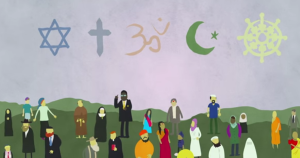 This is good stuff. And fascinating. And absolutely vital as we seek to live well together within this diverse, global human family.
This is good stuff. And fascinating. And absolutely vital as we seek to live well together within this diverse, global human family.
Two core tenets guide this continuing education project: one, that the culture of a people cannot properly be understood apart from its religious influences. And two, that no religion can be properly understood without knowing something about the culture that shaped it. The two are inextricably connected. Religion and Culture: two sides of a coin.
I know there are plenty of purists who will want to argue this thesis, but it rings absolutely true for me.
As a recovering Fundamentalist Christian, I am ever so grateful for the larger perspective that I gained about my own faith when I began to name the White Southern Patriarchal cultural influences that created the small Christianity of my childhood. Recognizing the reality that my religion had been shaped by its culture has freed me from a blind allegiance and allowed me to move into a wider, rainbow experience of faith. I have come to believe that there is no such thing as a “pure” religion. Across history, across the far reaches of the globe, my religion and all religions have been molded in deep ways by the various environments in which they are rooted and grown.
This is not a bad thing. Religious faith ought to be multicultural.
Some years ago, when I lived near a popular mosque and would visit there with my Muslim neighbors, I recognized how the one basic religion of Islam has multiple manifestations based on the nations and cultures from whence these people had come. I learned that the dress and the customs and the piety are different for faithful Muslims who come from different nations. I found the faith of Islam to be as diverse as my own Christian faith.
So I’m looking forward to learning more about this religion of Islam and the Scriptures that nearly a quarter of the people on the planet hold dear. I grow weary of non-Muslims quoting the Quran as if they know what they are talking about. As if they are experts. As if there is only one way to interpret the complex sacred texts of a complex people. This kind of presumptuous arrogance does nothing to facilitate greater understanding across our differences.
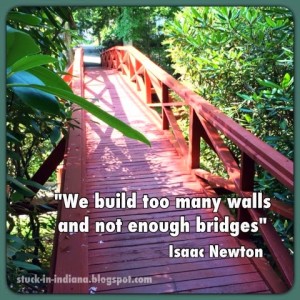 These classes are helping educate me about some of the ways a people’s religion intersects with a society’s culture. These studies are reminding me that the authentic practice of religion will always lead its practitioners to seek the common good of all humanity. These insights are giving me more appreciation for the wisdom we humans need in order to maintain a healthy balance between the two sides of this coin.
These classes are helping educate me about some of the ways a people’s religion intersects with a society’s culture. These studies are reminding me that the authentic practice of religion will always lead its practitioners to seek the common good of all humanity. These insights are giving me more appreciation for the wisdom we humans need in order to maintain a healthy balance between the two sides of this coin.
So the Religious Literacy courses are adding lots of new knowledge and a new appreciation for the rich diversity of our human community. My faith is wider, richer and more gracious than it ever was before. My faith is both more confident and (at the same time) more humble.
There is a desperate need for people to do a better job of talking to – and listening to – each other across our divides.
More of us need to be students, learners, listeners. The world is a very big place and we all have much to learn. It is possible to be both confident in our own beliefs and curious, open and respectful of other beliefs. This kind of open, humble curiosity fosters a rich climate for talking, listening and understanding.
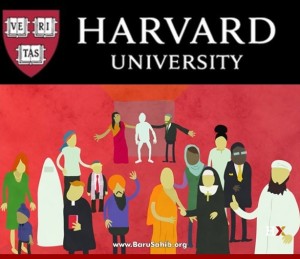 The courses in the World Religions through Their Scriptures series are offered free of charge. (Free to audit; $50 for a certificate) Follow this link to learn more about Harvard’s edX courses in the Religious Literacy Project.
The courses in the World Religions through Their Scriptures series are offered free of charge. (Free to audit; $50 for a certificate) Follow this link to learn more about Harvard’s edX courses in the Religious Literacy Project.
https://www.edx.org/xseries/world-religions-through-scriptures
Charlotte Vaughan Coyle lives in Paris TX and blogs about intersections of faith, culture and politics on her website and Intersections Facebook page. She frequently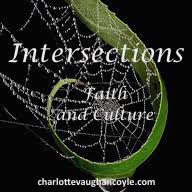 shares her thoughts with Coffee Party USA as a regular volunteer.
shares her thoughts with Coffee Party USA as a regular volunteer.
Charlotte is an ordained minister within the Christian Church (Disciples of Christ) and also blogs about Scripture from a progressive Christian approach in her Living in The Story Musings.
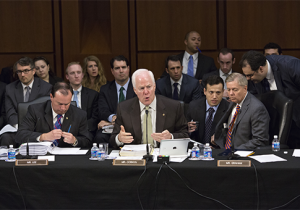

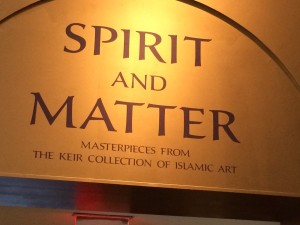
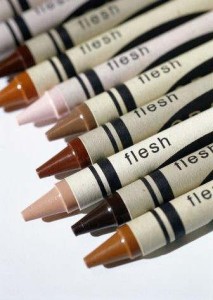
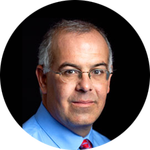


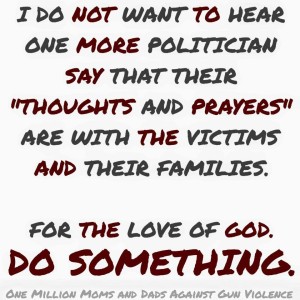
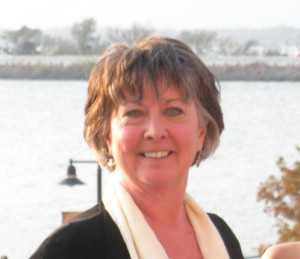 She serves as national president for
She serves as national president for 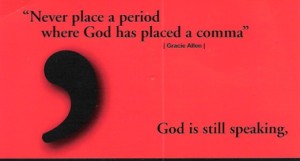
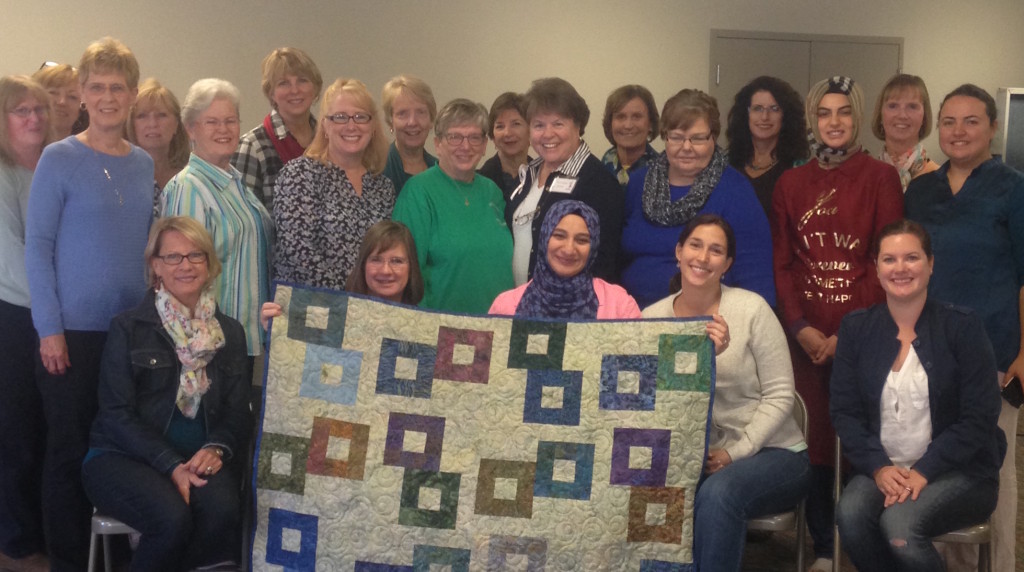
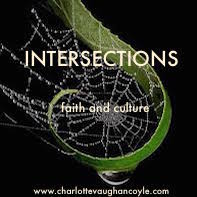 She is national secretary for
She is national secretary for